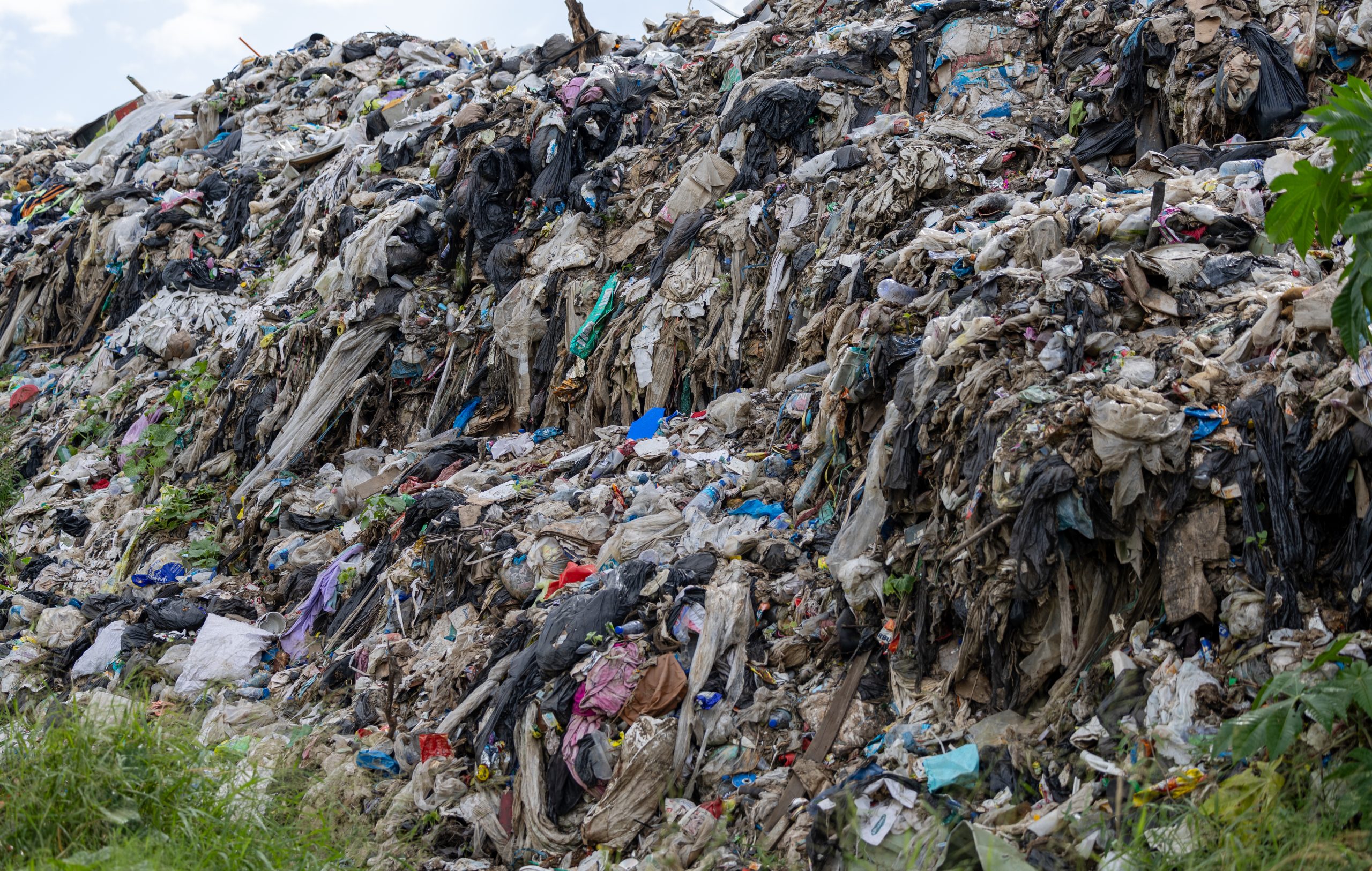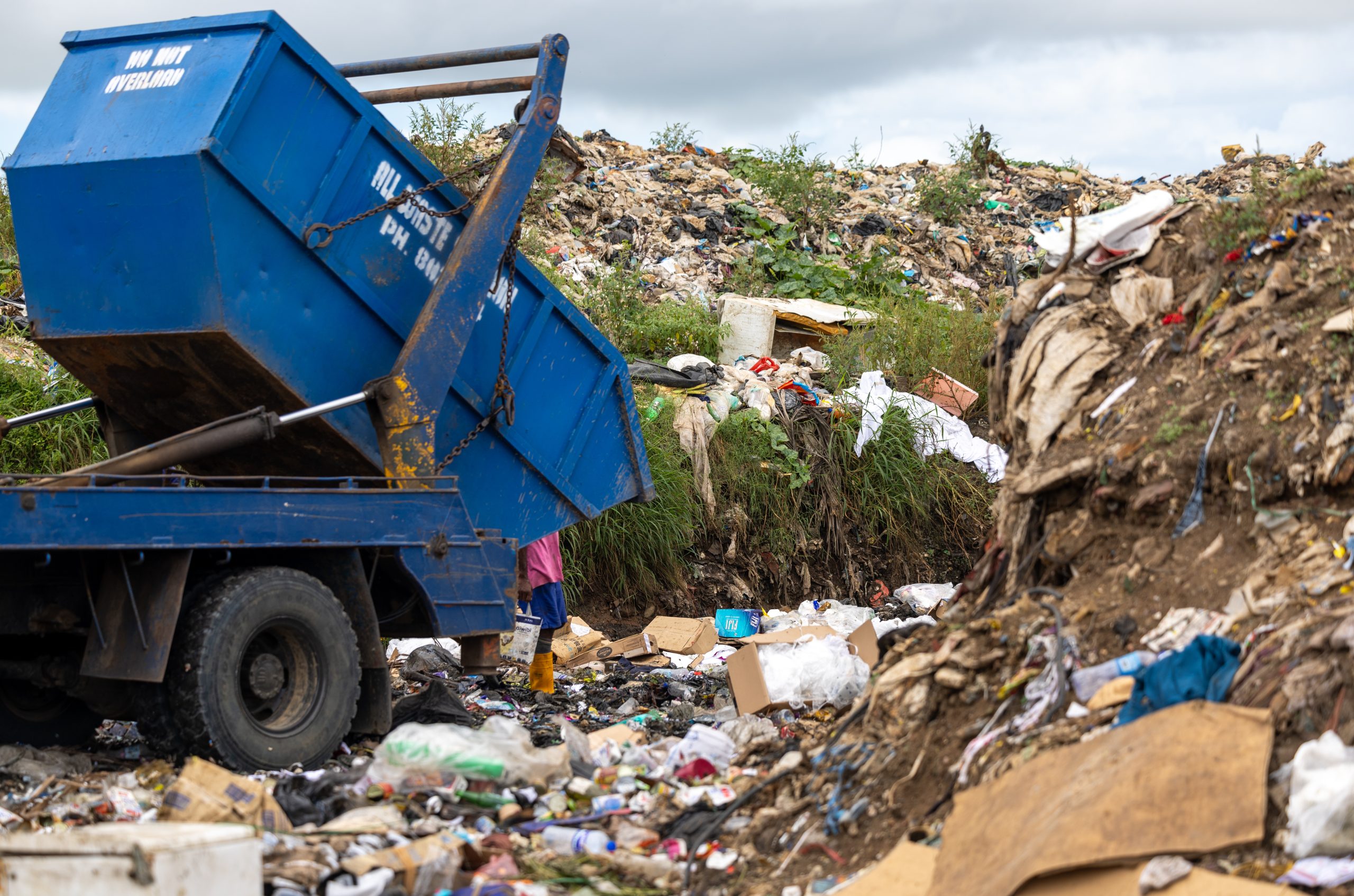BY INOKE RABONU
In a stark warning highlighting the grave health risks posed by the Vunato rubbish dump, the Health Ministry has issued an urgent call for its relocation.
In a statement issued in response to queries by the Fiji Sun, the ministry made an urgent call to the Ministry of Local Government to identify a new suitable waste disposal dumping site with due health, social and environmental considerations.
The Vunato dump is a five-to-seven-minute drive outside of Lautoka’s Central Business district.
What was once a small landfill in the midst of the country’s second city has now ballooned into a ‘50-acre’ of extensive expanse of trash.
The journey to Vunato Dump is a distressing one, marked by an overpowering odour that assaults the senses long before the site comes into view.
As one approaches, the magnitude of the problem becomes painfully apparent: mountains of refuse stretch as far as the eye can see.
But beyond the nauseating stench and unsightly heaps lies a deeper, more insidious threat.
Once a year the dumpsite catches fire, that is the trend according to local residents.
When this happens, the toxic smoke covers Lautoka city, transmitting into residential areas, schools and even the main Lautoka hospital.
The toxic reach of the dump situated by the ocean, extends far beyond its physical boundaries, seeping into the soil and waterways, contaminating the very lifeblood of the surrounding ecosystem.
HEALTH RISK
Testimonies of the health risks posed by the dump made by residents and the Lautoka Ratepayers Association in part one of the feature has spared some concerns to the health ministry.
Citing alarming evidence of adverse health impacts on nearby communities, the ministry underscores the critical need for immediate action to mitigate risks and safeguard public well-being.
Moreover, the accumulation of hazardous waste and pollutants poses long-term health risks, including potential carcinogenic effects and developmental disorders, particularly among vulnerable populations such as children and the elderly.
Beyond its direct impact on public health, the rubbish dump also poses significant environmental hazards, further exacerbating health risks for surrounding communities.
The ministry said the communities in the Lautoka Central Business District (CBD) and especially those exposed to the dump risk exposure to dust, toxic fumes, or chemicals emanating from the dump sites which could lead to skin irritation, respiratory symptoms, and exacerbation of medical conditions such as asthma.
“Rodents and insects that thrive in dump sites can carry vector-borne diseases such as dengue fever and leptospirosis into the communities living close by,” the ministry said.
“Contamination of water source near dump sites can lead to water borne diseases such as diarrhoeal diseases.
“The health hazard is dependent on the level of exposure of the residents to the pollutants and concentration of the pollutants.”
The ministry has advised people living in these communities to ensure that their water source, food source, and environment are kept clean and secured from contamination.

INTERVENTION
The ministry has organised a number of cleanup campaigns in the Vunato settlement in the past few weeks to improve environmental cleanliness in the community.
“More are planned over the coming weeks,” the ministry said.
“A number of outreach visit activities have also been carried out in the community by our Public Health Outreach team in collaboration with the Lautoka City Council Health Team, working with their Community Health Worker and community leaders.”
During a dump fire, toxic smoke fills up the Lautoka CBD, roads which includes schools and the major hospital in the city.
“The Lautoka Hospital has put in place its own contingency plans for any events that disrupts its own operations and responsibilities to provide acute care to patients that present to the hospital.
“Lautoka Hospital and the health centres in Lautoka have not recorded any rise in respiratory cases relating to smoke arising from fires at the Vunato dump, but are aware of the health risks associated with exposure to smoke originating from fires at dumping sites.
“We encourage the relevant authorities to ensure that dumps such as the Vunato dump are managed well, and fires are minimised to safeguard the health of communities that live near these sites.”
The ministry states that the dump fires and smoke emitted from the fires have not significantly impacted health services at the Lautoka Hospital or health centres in the Lautoka and they continued to deliver health services without disruptions during these events.
“Our staff are aware of the impact that smoke can have on the patients and staff in our health facilities, and take appropriate measures to ensure that our patients are well with minimal disruptions to the flow of work.”
NATIONAL FIRE AUTHORITY
National Fire Authority chief executive officer Puamau Sowane said the NFA and its firefighters started had been responding to the Vunato dump fire since the early 1990s.
He said while the NFA believed the suggested relocation was an issue best left to the authorities concerned, they had recommended to the council innovative strategies to deal with the recurring fires, if the dump were to remain in its current location.
Lautoka City Council CEO Mohammed Khan had earlier said that the cost of trying to put out a fire which includes plants, machinery, human resources, fuel, and water pumps was around $10,000 to $12, 000 (US$5,000 – US$6,000) a week.
Khan said it would take 4-5weeks to control the dump fire. Meanwhile, Sowane said the NFA also has immediate concerns about the health risks posed by the toxic smoke and fumes to its firefighters who have been responding to the dump fire over the years.
“One of the issues is the need to cordon off the dump area to deter members of the public from accessing it,” Sowane said.
“We’ve also noted that most fires occur at night, which is based on when we receive the call to respond,” he said.
“Another pressing matter is that while fires occur the dump operators continue dumping on top of the rubbish heaps, stopping NFA firefighters from getting to the base of the fire.
“This means the fire keeps burning with firefighters unable to put it out as the added rubbish becomes fuel.”
He added that their firefighters would be left to spray water on top of the heaps while fires smolder below and give off thick smoke, which poses an environmental and health hazard to firefighters and the residents.
This feature is part two of a three-part series highlighting the health and environment threat posed by the Vunato Rubbish Dump. The feature is supported by Earth Journalism Network (EJN) through the Pacific Islands News Association (PINA).














